Formative
Titles that have been the most significant in developing my relationship with videogames. Games that had a significant impact on who I am or why I like games.
30 Games
The first real game I have any memory of playing. Three years-old, playing the Atari ST with my big brother on a tiny wooden desk (which my parents still have, and I should likely express how much personal meaning it has to me, as it was holding paint tins last time I saw it). The moment I became awake.
There's a bit in this where Wizkid sits on the toilet and the scene shifts to a view of a volcano erupting with balls of shit. It was likely the funniest thing I'd ever seen up to that point, but my parents disapproved. It was clear that from this point, my relationship with games would be a private, personal thing.
Mega Twins was a bit of a mindfuck for a pre-schooler. The game was quite cute and friendly, but the western home computer artwork established that these were bad boys who would stab woodland creatures for the thrill. Videogames instantly became a more dangerous, forbidden pleasure.
It's hard to place where I first saw Sonic 1. I think it was hooked up to a TV in Orkney Television Enterprise. My parents were likely doing something boring while images of Starlight Zone were flooding my mind and changing who I was. The 50Hz soundtrack is the most agonising nostalgia for me.
When we eventually got a Mega Drive (which could have been, like, a month after I first saw Sonic 1 for all I know), it was the Sonic 2 bundle. From that point on, I was all about Sonic. Completely enraptured by every cartoon, comic and novelty bubble bath with an approximation of his likeness. The first full-on obsession.
Sonic was cool, but Streets of Rage was big kid cool. The kind of cool that appealed to role models like The Fresh Prince and PJ & Duncan. Cool people who lived at night and could destroy oil drums with a quick punch. Something to aspire for.
Flashback completely captivated me. An amnesiac hero waking up in a strange alien jungle. A dour, dirty underground city full of depressed peasants taking on hitman jobs for anonymous benefactors. Smoggy future cities and smiley gameshows with violent intent. Above all of this, I think Conrad looked really cool when he did a forward roll and pulled out his gun. The game changed how I looked at architecture, obsessing over parts of town that I could see Conrad doing big jumps over. I still dearly love Flashback.
I think everyone who was around for it remembers the start of 3D a little differently. For me, it was playing the Mega Drive Virtua Racing on a demo pod in Aberdeen. It completely blew me away that a game could be like that. It was on my Christmas list every year until 1997. I never got it cause it was about seventy quid.
Ah, man. Resi 1. I don't know if I can succinctly describe how meaningful it's been to me. The idea of games being places you can come back to at any time has real value. Resident Evil feels like home. A team of the world's most adorable sweethearts facing off against rotting reanimated corpses. And some are big animals. Yawn is a giant snake that's so evil that its flesh is boiling, hot with pure hellpower. I fucking love Resi 1 to pieces.
Tomb Raider II is one of the first games I played that really utilised all three dimensions of exploration. I played a bit of the first game before, but it was basically just caves. Tomb Raider II was a big globetrotting adventure, and you had no idea where it would take you next. I went into the PlayStation gagging to play Fade to Black, but Tomb Raider was much closer to the 3D Flashback I'd dreamed of. Very difficult to get back into today, but I've still got a tremendous respect for it.
I read some old article recently that pointed to the cooler development environment of the PS1 allowing for artists to really take the reigns on projects for the first time, and PaRappa was the posterchild for that. I like that. Masaya Matsuura was mainly a music guy and Rodney Greenblat was a kind of airyfairy New York liberal whose silly drawings appealed to a Japanese audience. PaRappa was a new kind of game, not only for the rhythm genre, but in respects to how important art would be in shaping how videogames would progress into the next millennium.
PaRappa was absolutely unique in every respect, from its paper-thin characters, to its bizarre lyrics and shocking brevity. I think I always appreciated the fact that artists would have to design and draw everything that was viewable in a game, but PaRappa was the first time I really saw their personal touch. The big donut shop, PaRappa's dream car with wings, and the beautiful, red sunsets. PaRappa's a game that feels like summer, and considering how dumb it is, it's mad how much emotional baggage it carries for me.
PaRappa was absolutely unique in every respect, from its paper-thin characters, to its bizarre lyrics and shocking brevity. I think I always appreciated the fact that artists would have to design and draw everything that was viewable in a game, but PaRappa was the first time I really saw their personal touch. The big donut shop, PaRappa's dream car with wings, and the beautiful, red sunsets. PaRappa's a game that feels like summer, and considering how dumb it is, it's mad how much emotional baggage it carries for me.
Time Crisis. It's not a game, it's a feeling. I first played this on a ferry to Holland. Holding that gun, feeling the sliding recoil on each shot as the video for Aerosmith's "Pink" played on the video wall behind the cabinet. That's a big memory. I think I must have talked about it a lot, because I received the PlayStation G-Con 45 bundle for my following birthday without any memory of ever requesting it. It remains the best birthday present I've ever received.
Metal Gear Solid sticks out as the dividing line, to me. Silly, fun games before. Important, significant games after. Resi was about zombies. Metal Gear was about vulnerabilities in the nuclear arms trade. This was real. There was a floating psychic in a gimp suit, but he had a backstory, and at 12 years-old, I could totally accept him as a potential threat. Games were something else after this point.
Growing up as a dedicated Sega fanboy, Pokémon was likely the first Nintendo game I really 'got'. Also the first handheld game that held up as anything beyond a passing novelty. It was a big adventure with its own thoroughly-defined world, asking its young players to take off from home and make their mark.
I think its most significant mark it left on me was that I worried that I was a little too old for it when it came out. The idolised PJ & Duncan of my youth had become SM:tv LIVE presenters, Ant & Dec, and were pushing Pokémon onto a studio audience of kids that may have been four, maybe even five years my junior. Heaven have mercy. The game was just too captivating. Thankfully, it wasn't long until the craze had spread to the third and fourth years (the ones who played Magic the Gathering in the school library, at least), and the stigma of the babygame evaporated. Since then, I don't think I've been put off by an ELSPA 3+ symbol.
I think its most significant mark it left on me was that I worried that I was a little too old for it when it came out. The idolised PJ & Duncan of my youth had become SM:tv LIVE presenters, Ant & Dec, and were pushing Pokémon onto a studio audience of kids that may have been four, maybe even five years my junior. Heaven have mercy. The game was just too captivating. Thankfully, it wasn't long until the craze had spread to the third and fourth years (the ones who played Magic the Gathering in the school library, at least), and the stigma of the babygame evaporated. Since then, I don't think I've been put off by an ELSPA 3+ symbol.
Besides the draw of skateboarding and punk rock to a new teenager, Tony Hawk's 2 was something that I'd felt I'd been promised but never really felt up to that point - An endlessly replayable arcade experience. Something where high scores really mattered. Something where 3D movement was fast, fluid and full of possibilities. I don't know if there's another PS1 game that approaches 3D game design with such confidence and ambition. That level editor too. It's a throwaway extra these days, but the idea that was a game that would never need to get old was mindblowing back in 2000. I could pass that notion off as naive, but I still play Tony Hawk's 2 constantly.
Unreal Tournament was great, but perhaps its most significant impact to me was in how easily pirated it was. If one person you knew had a copy, every person you knew would soon be able to play it. Unreal Tournment was what I did on the PC before always-on internet access. There's such verticality in some of those maps. Never repeats a note. Just wild, fast, explosive FPSing. Wonderful.
Red Alert 2 was something I could dig into. Chip away at. Get totally into. That said, I think I only really bothered with the skirmishes back in the day. It was a total powertrip though. Deciding how much you'd start with and how much your enemies would get. Parading into town and methodically blowing up all their buildings. Chasing their pathetic wee harvester until it's in flames too. Laughing and growing fat with ore. This was the thrill of PC games for me.
ICO was something else. A castle in the mist. Birdsong on sleepy Sunday mornings. Symmetrical courtyards and ruined stone columns. Grabbing hands emerging from inky black puddles. A dream.
I've never wanted to play a game more than the Saturday my brother brought home a copy of GTA3 and spent all day on it. Getting into a car, speeding off in any direction you liked, jumping off ramps and running away when you land upside down on a rooftop. Despite all the explosions and criminal activity, it's GTA3's weird serenity that sticks with me. The silence and fog of the beach below Salvatore's mansion. Walking through those endless tunnels. That giant, empty airport. The total freedom to go do nothing.
Double Dash was an obsession. Skiving off college to jump on four player with a friend-of-a-friend who owned it. I don't know if it can happen with an adult perspective and disposable income, but see how obsessed you'd get with a game when you didn't own it? That was Double Dash's power. And when I finally got a copy and realised it wasn't half the game without another three people? I don't think I spent a lot of time at home during those years.
(see above)
I was late to loving OoT. I wasn't a Nintendo kid, and this game about an elf who was sad because he didn't have a fairy was a subject of ridicule in my younger years. We had a copy with the N64 my brother bought to play Goldeneye, but it was the game about elves and fairies, so it was largely dismissed. It wasn't until I was persuaded to buy Wind Waker that I accepted I was a Zelda fan, and not until I went back to OoT that I found my Zelda.
I'm forever thankful to the divine bit of luck that made me experience the game as I did. As a kid, I managed to play, half-heartedly, up to the Forest Temple. That was too hard and boring so I stopped. It was years later that I started again, and the themes of growing older and distant from childhood pleasures really hit a chord with me. Ocarina of Time is one of my very favourite games now, and I will never stop coming back to it.
I'm forever thankful to the divine bit of luck that made me experience the game as I did. As a kid, I managed to play, half-heartedly, up to the Forest Temple. That was too hard and boring so I stopped. It was years later that I started again, and the themes of growing older and distant from childhood pleasures really hit a chord with me. Ocarina of Time is one of my very favourite games now, and I will never stop coming back to it.
On my 18th birthday, I received killer7. I couldn't have asked for a better welcome into adulthood. Sitting on the end of my bed, late into the night, as strange sounds came out of my TV. Perfect.
This is a personal list, so it's not worth making if I'm not willing to get personal. When I was 19, I first moved south. I had a vague ambition of maybe getting into the games industry, but I was shit at school and didn't have a great route forward into university or a career. I kind of tooled around for a few months. Took on a voluntary QA position, testing educational flash games for beer vouchers at a students' union, and was later invited to a jobs fair for the games industry. It was a crushing experience. I found that any job I could get would make me hate games. I don't know if I've ever felt lower. I remember a lot of long walks listening to John Lennon's Plastic Ono Band, and really not knowing if the world had a place for me. I'd stay up through the night, never really doing anything, never really sleeping, never really waking up. Only really worrying about when the shops shut or when I next had to sign on for Jobseeker's Allowance. Even the people I'd talked to online started seeming less relatable. I became distant and alone.
Torrents of TV programmes became very important to me at this time. King of the Hill, I'm Alan Partridge, Charlie Brooker's Screenwipe. I'd seen cool games websites like Spong and UK Resistance talk about this Scottish videogames show called videoGaiden. I gave it a shot, and on one of the first episodes I watched, this guy was passionately insisting that God Hand was one of the best games ever made. The Resident Evil 4 of beat 'em ups.
I played it later that week. Ran up to one guy, punched him, and he landed me on my arse. Game over. I loved it. The guy was right. This weird outsider banging on about Dodonpachi on BBC Scotland was right. This was one of the best games ever made. There was a reason to be excited about games, even if you were Scottish. I found my place. Thank you, God Hand.
Torrents of TV programmes became very important to me at this time. King of the Hill, I'm Alan Partridge, Charlie Brooker's Screenwipe. I'd seen cool games websites like Spong and UK Resistance talk about this Scottish videogames show called videoGaiden. I gave it a shot, and on one of the first episodes I watched, this guy was passionately insisting that God Hand was one of the best games ever made. The Resident Evil 4 of beat 'em ups.
I played it later that week. Ran up to one guy, punched him, and he landed me on my arse. Game over. I loved it. The guy was right. This weird outsider banging on about Dodonpachi on BBC Scotland was right. This was one of the best games ever made. There was a reason to be excited about games, even if you were Scottish. I found my place. Thank you, God Hand.
The first "south" experiment was a bust. I was back in Orkney the following year. Hanging out with the old friends who hadn't left home yet. Carrying bags of beer and whisky to sheds and conservatories. Minding the volume so we didn't wake the folks. It was suffocating. A group of us decided we needed to get a flat in Orkney. Rock Band instantly became very powerful.
Songabouts, where we'd take turns on the microphone, the singer always picking the songs. We'd have exchange students over who didn't speak much English, but when introduced to plastic instruments and Easy Mode, quickly found themselves in the social dynamic. Pixies, Tom Petty, The Who. They were great nights.
Songabouts, where we'd take turns on the microphone, the singer always picking the songs. We'd have exchange students over who didn't speak much English, but when introduced to plastic instruments and Easy Mode, quickly found themselves in the social dynamic. Pixies, Tom Petty, The Who. They were great nights.
No personal story for this one. Yakuza's just great, man. I'd kind of avoided the series up to this point after hearing they were more JRPG than GTA, but it was a tenner is Tesco's and there was some buzz online, so I gave it a chance. Forcing a milk crate on someone's head and spinning it until they collapsed unconscious. Kamurocho, Kazuma Kiryu and Taiga Saejima have all been very important to me ever since.
A beautiful game. I'm not sure Miyamoto will ever have as much direct influence on a project after this, and he used the opportunity to inspire younger generations to find fascination in nature, space, science and the ethics of power dynamics. You will never hear me take fault with Pikmin 3.
Splatoon's important because what it represented to an aging industry, and especially Nintendo's prospects for the future. I think they spent a lot of the 2010s reflecting on series that had gone off in messy, eccentric directions in the 2000s and really delivering the games they ought to be. Fire Emblem Awakening, A Link Between Worlds, Luigi's Mansion 2 (I don't care what anybody else says - it's the best one), Mario Kart 8. Great games that got to the core appeal of each series and expanded it with the new potential of modern hardware. They were heavily reliant on middle-aged staff who had been at the company for decades though. Splatoon was an experiment to see if a team of Nintendo devs in their 20s and 30s could lead a big-budget project that worked and mattered.
They reengineered the online shooter. Games that aren't friendly for newcomers. If you don't know what you're doing, you're holding your team back. Splatoon made it so missing a shot was still helping your team - covering the arena and opening up quick travel paths for your teammates. It quickly became a phenomenon, and Nintendo secured their future. I'll always support Splatoon's success.
They reengineered the online shooter. Games that aren't friendly for newcomers. If you don't know what you're doing, you're holding your team back. Splatoon made it so missing a shot was still helping your team - covering the arena and opening up quick travel paths for your teammates. It quickly became a phenomenon, and Nintendo secured their future. I'll always support Splatoon's success.
For all the frustrations it may have caused, I know that The Last Guardian is one of the best games ever made. A game where the story and gameplay are intrinsically linked. You're struggling with a wild, wounded beast, trying to escape. As you move forward, and gain trust and confidence in each other, you accomplish incredible things. That struggle is the nature of playing and learning a game in itself. Fumito Ueda is one of the most important figures in the industry, and I don't trust anyone else to make beautiful, meaningful work as much as him.
This is a list of games that have reflected significant change for me, and I'm not sure there's been a great example of that since Breath of the Wild. We're all still just standing in its shadow, wondering how the hell they managed it.
Zelda isn't a western fantasy concept of elves and fairies. It's not an eastern fantasy concept either. It's entirely its own thing at this point, really digging into the appeal of "fantasy" without riding on the tails of Gygax or Tolkien or anime.
Breath of the Wild had me riding wild horses across clifffaces as luminous dragons twisted through the night's sky. I'm welling up just writing the sentence. It's a beautiful experience. Videogames can still tap into that sense of vivid, boundless fantasy and imagination. It can still feel as exciting and magic as it did when I first played Bubble Bobble or Sonic or Metal Gear Solid. I love Breath of the Wild.
Zelda isn't a western fantasy concept of elves and fairies. It's not an eastern fantasy concept either. It's entirely its own thing at this point, really digging into the appeal of "fantasy" without riding on the tails of Gygax or Tolkien or anime.
Breath of the Wild had me riding wild horses across clifffaces as luminous dragons twisted through the night's sky. I'm welling up just writing the sentence. It's a beautiful experience. Videogames can still tap into that sense of vivid, boundless fantasy and imagination. It can still feel as exciting and magic as it did when I first played Bubble Bobble or Sonic or Metal Gear Solid. I love Breath of the Wild.
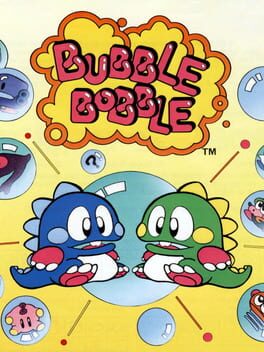
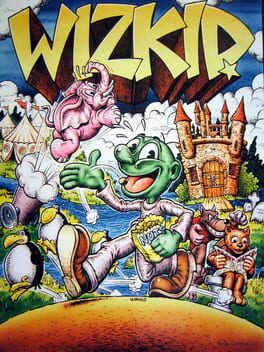
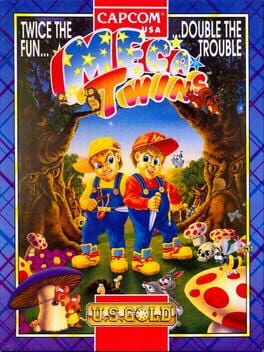
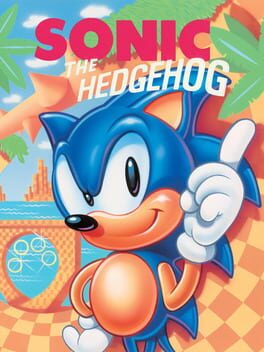
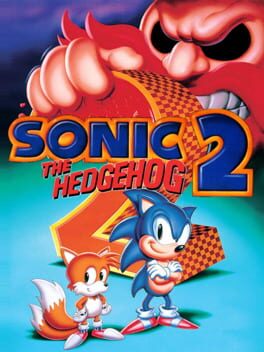
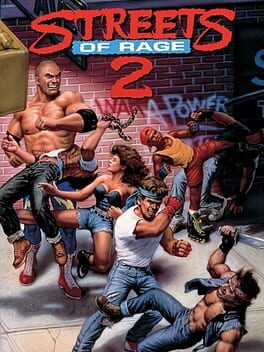
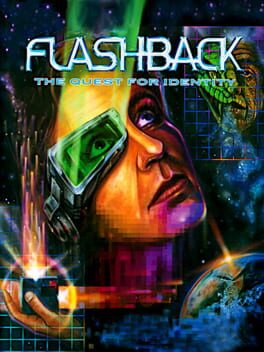
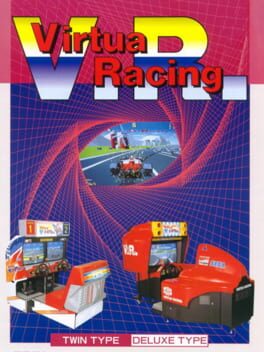
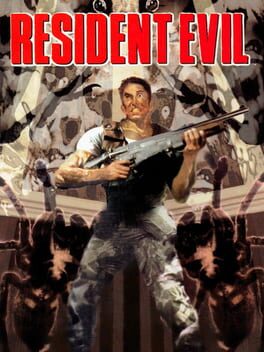
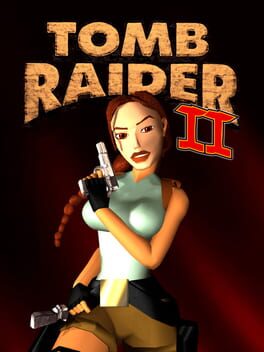
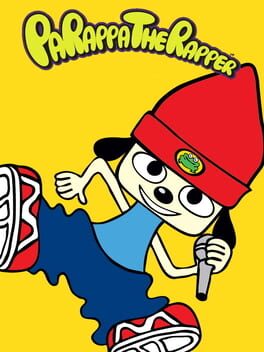
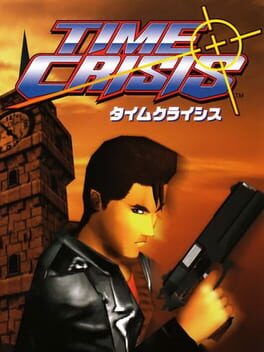

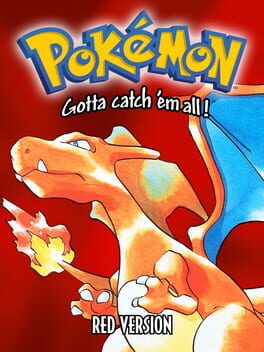
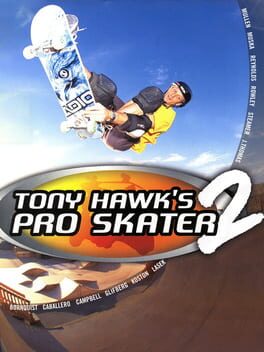
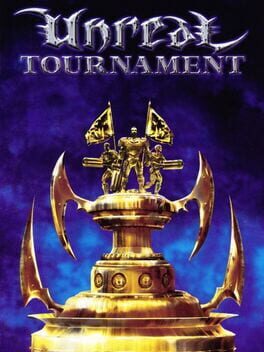
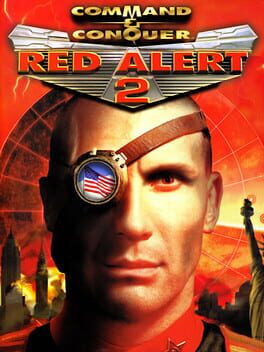

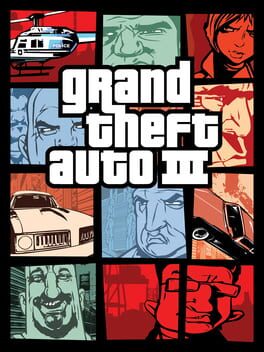
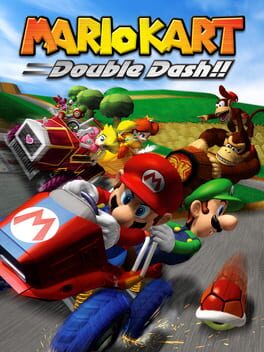
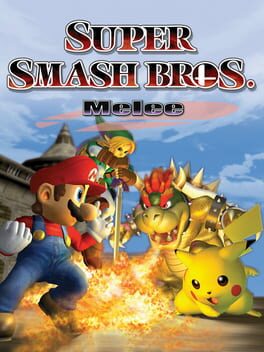


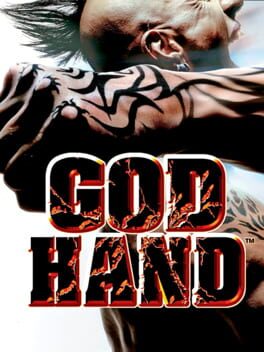
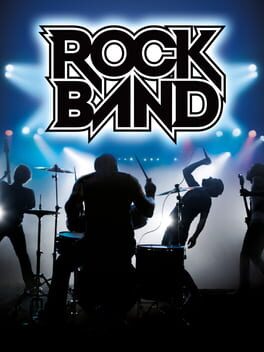
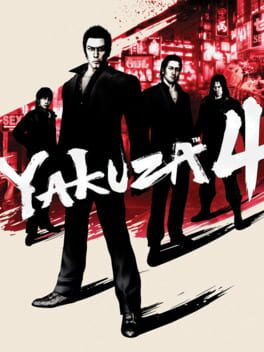
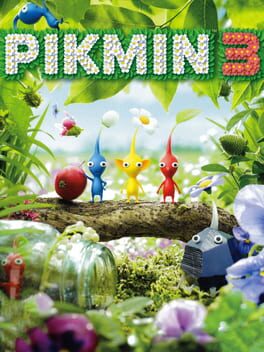
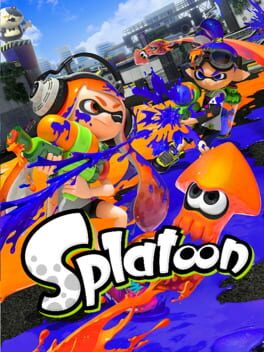


Twan
1 year ago